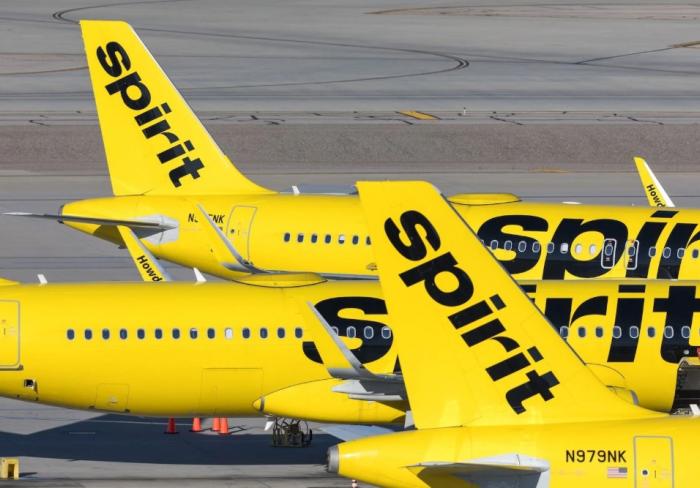Three of Europe’s largest hotel companies –Accor, Six Continents and Hilton International- agreed to form WorldRes Europe, a new joint venture aimed at marketing and selling its hotels all across the Old World. The European Commission is currently reviewing the agreement for its final passage.
At least 52 sectors within the Brazilian economy benefited from Rio’s Carnival, the nation’s Ministry of Tourism reported. The celebrations generated great revenues thanks to tourism and prompted the creation of new jobs.
Earnings rose to $138.5 million after the city shelled out $7 million in parade preparations for the Special Group’s 14 samba schools.
Moreover, the Independent Samba School League (LIESA) amassed half of those revenues out of tickets sold for the so-called Sambadome for $6.5 million.
The Galaxy Travel Distribution System (TDS) will mesh together all retailing travel agencies in one world network of receptive agents for a wide range of ground services at very competitive fares.
What would an Iraqi war cost the airline industry?
Likely several billion dollars in financial losses, and tens of thousands of jobs. Or maybe United Airlines. Or the chance to successfully restructure the industry.
Should U.S. bombs start falling on Baghdad, the devastation will be swift and severe at U.S. airlines. If terrorism fears rise as fast as oil prices, and security hassles grow as international flying shrinks, then this war is likely to have several, if not many, airline
casualties.
Mexico cut back its fiscal budget deficit in 2002 by 2.2 percent of the nation’s Gross National Product (GNP) from a 2.9 percent shortfall the year before, thanks in part to bulkier revenues reaped out of oil export and a more favorable trade balance.
Mexico is the world’s eighth oil producer and one of the premiere crude suppliers of the United States, its number-one trade partner.
The decrease matches in time with a similar shrinkage in the manufacturing service deficit and a heftier surplus in the transfer accounts.










